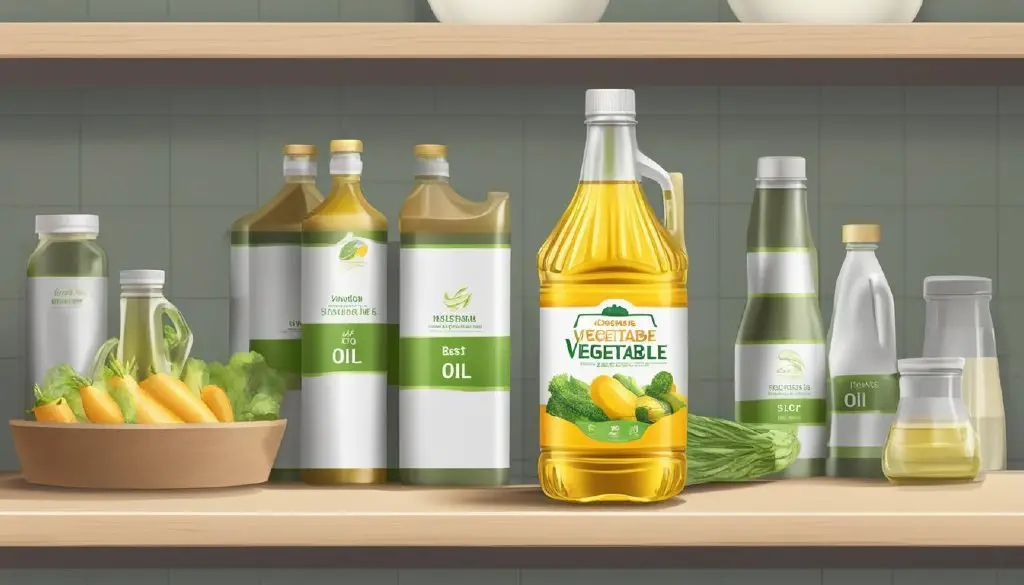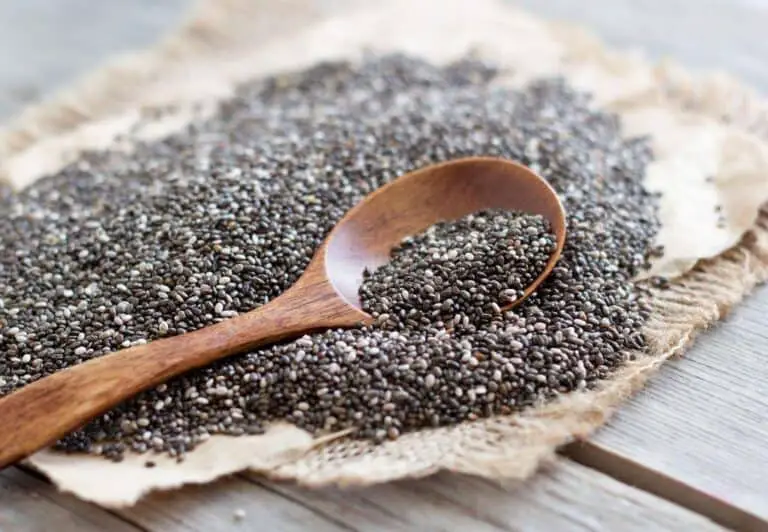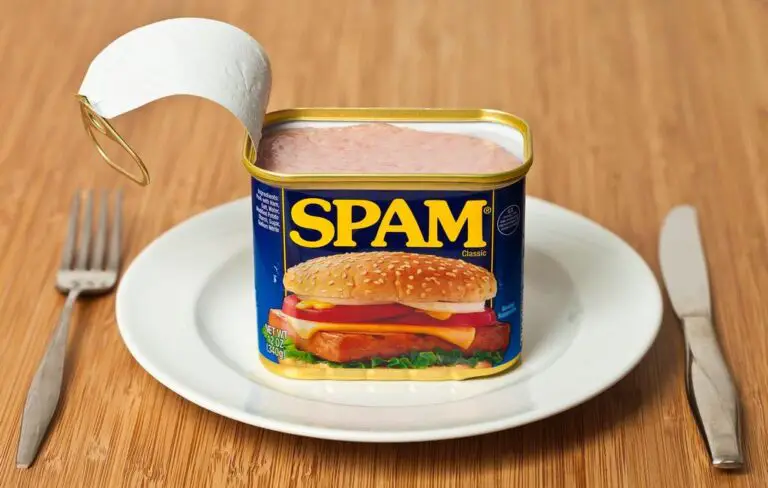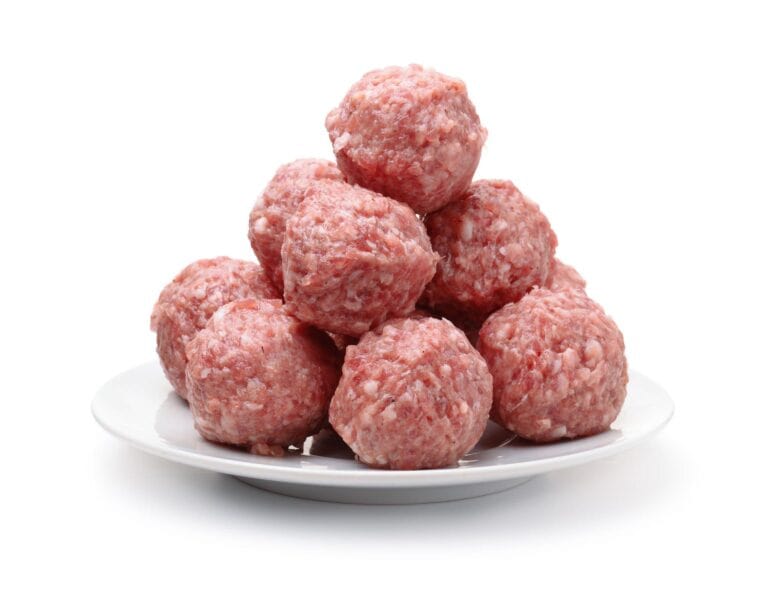Can You Use Unopened Expired Vegetable Broth? Is It Still Safe?

When it comes to stocking your pantry, vegetable broth is a versatile ingredient. It is cherished for adding depth to soups, stews, and many recipes. However, what happens when you come across an unopened container of expired vegetable broth? The dilemma arises: can you still safely use it in your cooking endeavors, or should you discard it?
Have you ever wondered about the safety and practicality of using unopened, expired vegetable broth? Understanding expiration dates can help you. They affect the shelf life and quality of vegetable broth. This knowledge can help you make good choices in the kitchen.
By reading this article, you’ll learn about the shelf stability of vegetable broth. You’ll also get tips on checking the safety of expired cooking stocks and advice on using pantry items well. This knowledge empowers you. It lets you confidently navigate your kitchen. It ensures that every ingredient serves its purpose while keeping food safe.
Understanding Expiration Dates

Types of Expiration Dates
Manufacturers use different terms to indicate the freshness and safety of their products:
- Sell-By Date: This is intended for retailers to know how long to display the product for sale. It’s not a safety date.
- Use-By Date: This is the last date recommended for using the product at its peak quality.
- Best-By Date: This date suggests when the product will be at its best flavor and quality.
What Do These Dates Mean for Vegetable Broth?
For vegetable broth, the expiration date primarily indicates the period during which the broth is expected to be at its best quality. Beyond this date, the broth may still be safe to use, but its flavor and nutritional value might diminish.
Shelf Life of Vegetable Broth
Unopened Vegetable Broth
Unopened vegetable broth can last beyond its expiration date if stored properly. Here’s a general guide to its shelf life:
| Type of Vegetable Broth | Pantry Shelf Life (Past Expiration Date) |
| Carton/Paper Container | 1-2 months |
| Canned | 6-12 months |
Proper Storage
Proper storage is key to extending the shelf life of vegetable broth. Keep it in a cool, dry place, away from direct sunlight and heat sources. Ensure that cans are not dented, rusted, or damaged, as these conditions can compromise the broth’s safety.
Signs Vegetable Broth Has Gone Bad
Even if your vegetable broth is past its expiration date, it might still be usable. However, it’s essential to check for signs of spoilage:
Appearance
- Color: Fresh vegetable broth is usually a clear golden or light brown color. If the broth appears cloudy or has darkened significantly, it might be spoiled.
- Sediment: While some natural settling may occur, excessive sediment could indicate spoilage.
Smell
- Odor: Fresh vegetable broth should have a mild, pleasant aroma. A sour, rancid, or off smell is a clear indicator that the broth has gone bad.
Taste
- Flavor: If the appearance and smell seem fine, a small taste test can help. Any bitterness or off-flavor suggests spoilage.
Using Expired Vegetable Broth Safely
Assessing Quality
Before you decide to use expired vegetable broth, check its quality using the signs above. If it passes the visual, smell, and taste tests, it’s likely safe to use.
Cooking with Expired Vegetable Broth
Cooking with expired vegetable broth can mitigate potential risks, as high temperatures can kill any bacteria that might have developed. However, the flavor and nutritional value may be slightly affected if the broth has degraded in quality.
Recipes for Using Older Vegetable Broth
Vegetable Soup
Ingredients:
- 1 tablespoon olive oil
- 1 onion, chopped
- 2 cloves garlic, minced
- 2 carrots, sliced
- 2 celery stalks, sliced
- 1 zucchini, chopped
- 1 can diced tomatoes
- 4 cups vegetable broth
- 1 teaspoon dried thyme
- 1 bay leaf
- Salt and pepper to taste
- Fresh parsley, chopped
Instructions:
- Heat olive oil in a large pot over medium heat. Add onion and garlic, and sauté until fragrant.
- Add carrots and celery, cooking until they start to soften.
- Stir in zucchini and cook for a few more minutes.
- Add diced tomatoes, vegetable broth, thyme, and bay leaf. Bring to a boil.
- Reduce heat and simmer for 20-30 minutes.
- Season with salt and pepper, and garnish with fresh parsley before serving.
Rice Pilaf
Ingredients:
- 1 cup long-grain rice
- 2 cups vegetable broth
- 1 tablespoon butter
- 1 small onion, finely chopped
- 1 clove garlic, minced
- 1/4 cup sliced almonds
- Salt and pepper to taste
Instructions:
- In a large saucepan, melt butter over medium heat. Add onion and garlic, and sauté until translucent.
- Stir in rice, cooking until it turns slightly golden.
- Pour in vegetable broth and bring to a boil.
- Reduce heat, cover, and simmer until the rice is tender and liquid is absorbed, about 18-20 minutes.
- Fluff with a fork, stir in almonds, and season with salt and pepper.
Tips for Extending the Shelf Life of Vegetable Broth
Freezing Vegetable Broth
Freezing is an excellent way to extend the shelf life of vegetable broth. Pour the broth into ice cube trays or freezer-safe containers, leaving some space at the top for expansion. Once frozen, transfer the cubes or portions to a resealable freezer bag. Properly frozen, vegetable broth can last for up to 6 months.
Homemade Vegetable Broth
If you prefer making your own vegetable broth, you can control the ingredients and quality. Store homemade broth in airtight containers in the refrigerator for up to a week or freeze it for longer storage. Always label your containers with the date to keep track of freshness.
Vacuum Sealing
Vacuum sealing is another effective method to extend the shelf life of unopened vegetable broth. This process removes air, which can cause spoilage, and creates a tight seal that preserves freshness. This method is most used for solid foods. But, it can work for liquids with special vacuum-seal bags or containers.
Conclusion
Vegetable broth is a versatile and valuable ingredient that can enhance the flavor of many dishes. It’s best to use it within the recommended time. But, unopened vegetable broth may still be safe past its expiration date if stored well and shows no spoilage.
By understanding expiration dates, and how to store food properly, and signs of spoilage, you can make informed decisions. You can use this knowledge to decide if to use expired vegetable broth. By assessing carefully and handling properly, you can cut waste. And, you can keep enjoying the benefits of vegetable broth in your cooking.
So the next time you find an unopened carton or can of vegetable broth past its expiration date, don’t rush to toss it. Check for spoilage, and if everything seems fine, feel confident using it to create delicious and nutritious meals. Proper storage techniques can help too. They include freezing or vacuum sealing. They can further extend the shelf life of your vegetable broth. This ensures you always have this handy ingredient ready for your culinary creations.
Frequently Asked Questions
Can Expired Vegetable Broth Make You Sick?
While using expired vegetable broth is not typically recommended, it doesn’t necessarily mean it will make you sick. The primary concerns are changes in flavor, texture, and nutritional value.
However, if the broth is spoiled, it will have an off smell, unusual color, or strange taste. You should throw it out to avoid health risks.
How Long Does Opened Vegetable Broth Last?
Once opened, vegetable broth should be stored in the refrigerator and used within 4 to 5 days. If you don’t plan to use it within this time frame, consider freezing the remaining broth in small portions for later use.
Can You Use Vegetable Broth Past Its Best-By Date?
Yes, you can use vegetable broth past its best-by date as long as it shows no signs of spoilage. The best-by date is an indicator of peak quality, not safety. Always check the broth’s appearance, smell, and taste before using it in recipes.
What Are the Alternatives to Vegetable Broth?
If you don’t have vegetable broth on hand, you can use water with added seasonings such as garlic, onion, and herbs to enhance the flavor. Other alternatives include chicken broth, beef broth, or bouillon cubes dissolved in water. Adjust the seasoning according to your taste and dietary preferences.






